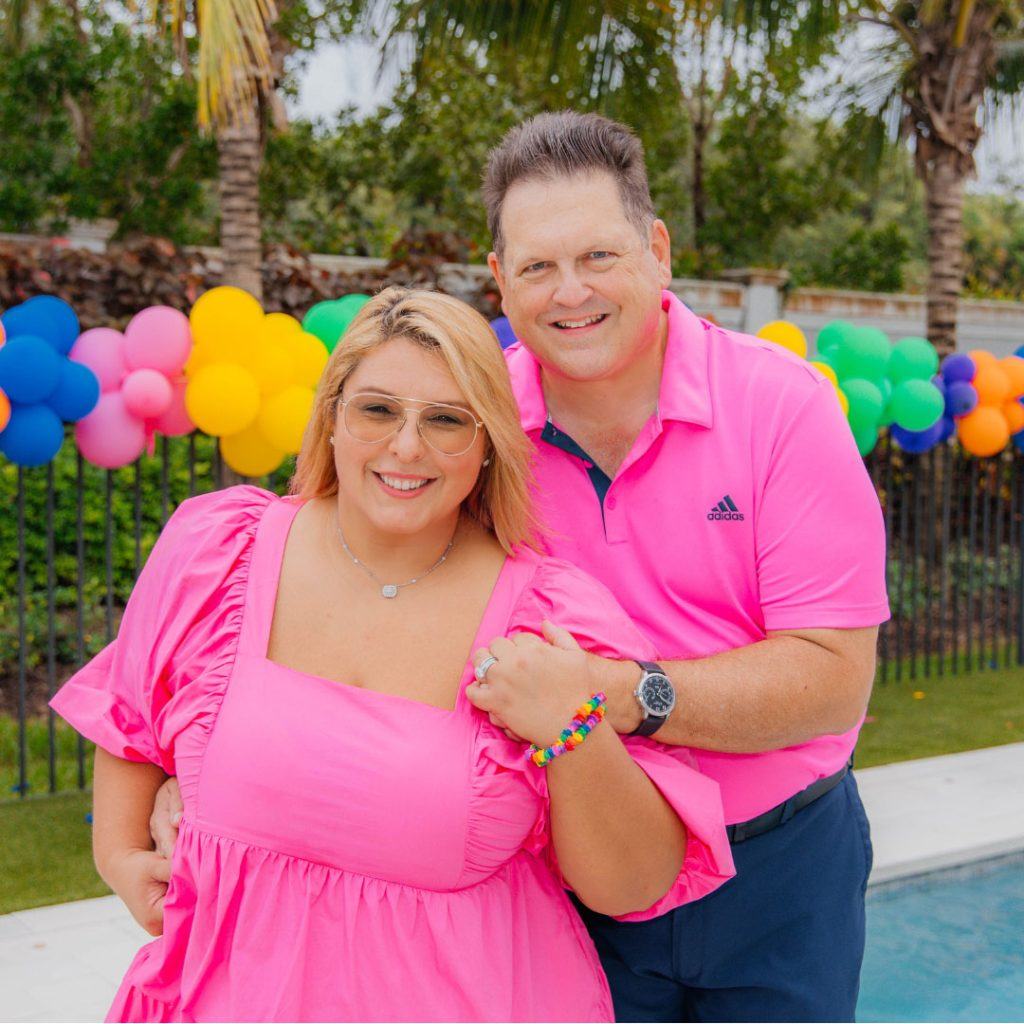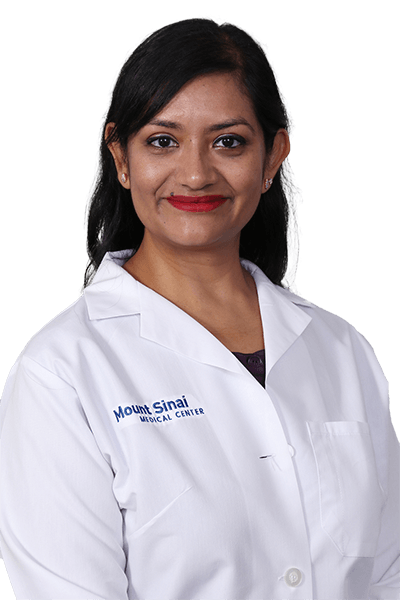How early detection helped a patient achieve a faster recovery and more positive outcomes.
Wendy Cohen never thought breast cancer would be part of her life. A Long Island native who built a career in the fashion and beauty industry, Wendy had always stayed on top of her health amidst the hustle and bustle. But like many busy professionals, routine health checks often took a backseat.
“I never felt anything more than the usual menstrual sensitivity in my breasts,” Wendy explains, reflecting on how she delayed her mammogram for two years. “I quit my high-stress job to focus on my health—I thought I might be developing diabetes because of my PCOS. I knew I had to prioritize myself, and eventually, I thought, ‘Let me get that mammogram I’ve been putting off.’”
At 45, Wendy was diagnosed with Stage 1A breast cancer. While it was caught early, the news still came as a shock. “I’d always thought I was clean as a whistle. Cancer wasn’t something that ran in my family,” she shares. Despite the initial disbelief, Wendy quickly recognized how fortunate she was to have caught the cancer early.
Moreover, her experience at Mount Sinai gave her the confidence to face the diagnosis head-on. “From the moment I walked in, they guided me through every step. They didn’t just lay the information on me. They told me what was going to happen, held my hand, and we even laughed together,” she recalls. But it was during her biopsy, specifically, that a radiologist’s words provided immense comfort. “The radiologist said to me, ‘There are so many options now…so much innovation and technology that has emerged in just the last five years.’ After that, I knew I was going to be OK, no matter what.”
Following her diagnosis, Wendy was referred to Dr. Sumana Narayanan, a surgical oncologist at Mount Sinai’s Comprehensive Cancer Center, to remove the cancer. Dr. Narayanan explained that Wendy was quite young to have a mass in her breast.
“She had hormone-positive cancer,” Dr. Narayanan explains. “The tumor was only six millimeters in size, so we were able to perform a lumpectomy and sentinel lymph node biopsy. She did great after surgery, and no chemotherapy was required.”
As part of her recovery, Wendy is taking tamoxifen, an estrogen-blocking medication. Thanks to the Oncotype DX test, which takes a small sample of breast cancer tissue and predicts the likelihood of breast cancer spreading or returning, Wendy didn’t need chemotherapy. The test, ideal for early-stage, estrogen-receptor-positive breast cancer patients like Wendy, analyzes 21 genes in breast cancer tissue to provide a recurrence score between 0 and 100. Wendy’s score was a low 16. Dr. Narayanan emphasizes the importance of understanding each patient’s cancer biology to assess recurrence risk and reduce unnecessary chemotherapy.
“She currently has no evidence of disease, and the test was part of doing everything we can to keep her cancer from coming back,” Dr. Narayanan says.
While Wendy recognizes how fortunate she is to have caught the cancer early, her experience made her aware of the varied journeys other women face. “What I’ve realized about breast cancer is that no two cases are alike. Mine was estrogen- and progesterone-driven, but there are women with higher-stage cancers who face a much longer journey. It’s been a huge learning experience for me.”
One standout aspect of Wendy’s care was the collaboration among her care team. “What I loved most was how they all worked together. The oncologists, radiation specialists, my surgeon—they all spoke with one another. That kind of team approach gave me confidence and reassurance, especially in such a scary situation.” She also praised Dr. Narayanan for always being available to answer her questions. “For being so busy, she responds incredibly quickly. It felt like she was always there for me.”
While Wendy has had some minor side effects from tamoxifen—mostly hot flashes—she remains positive about her future. She’s scheduled for 15 rounds of radiation, followed by five boosts to the targeted area. Yet none of this has stopped her from pursuing her passions. Wendy recently started a new job as head of sales at a beauty company and is working on her long-time dream project: a plus-size rom-com that incorporates her breast cancer journey.
“Getting diagnosed really put into perspective the things I want to accomplish. This isn’t something that’s going to define me forever. My advice to other women going through this? Take it one moment at a time. Do your research. Talk to people who are in the same situation as you, and don’t identify yourself solely as a cancer patient. It’s not a death sentence. Even in the later stages, there’s always hope.”
To learn more about our Comprehensive Cancer Center, click HERE.



